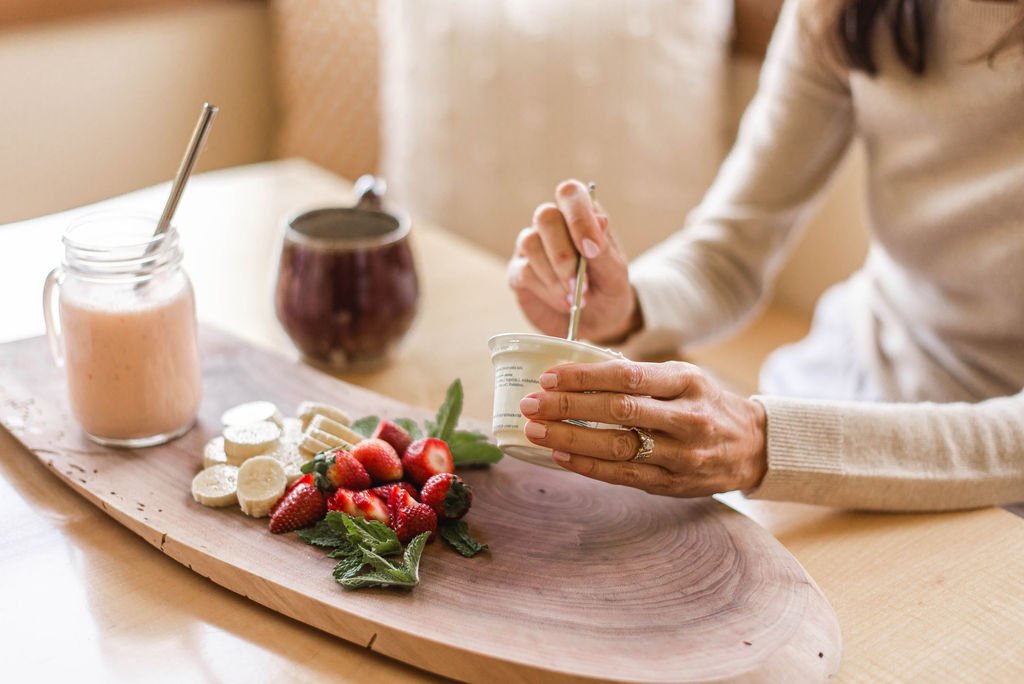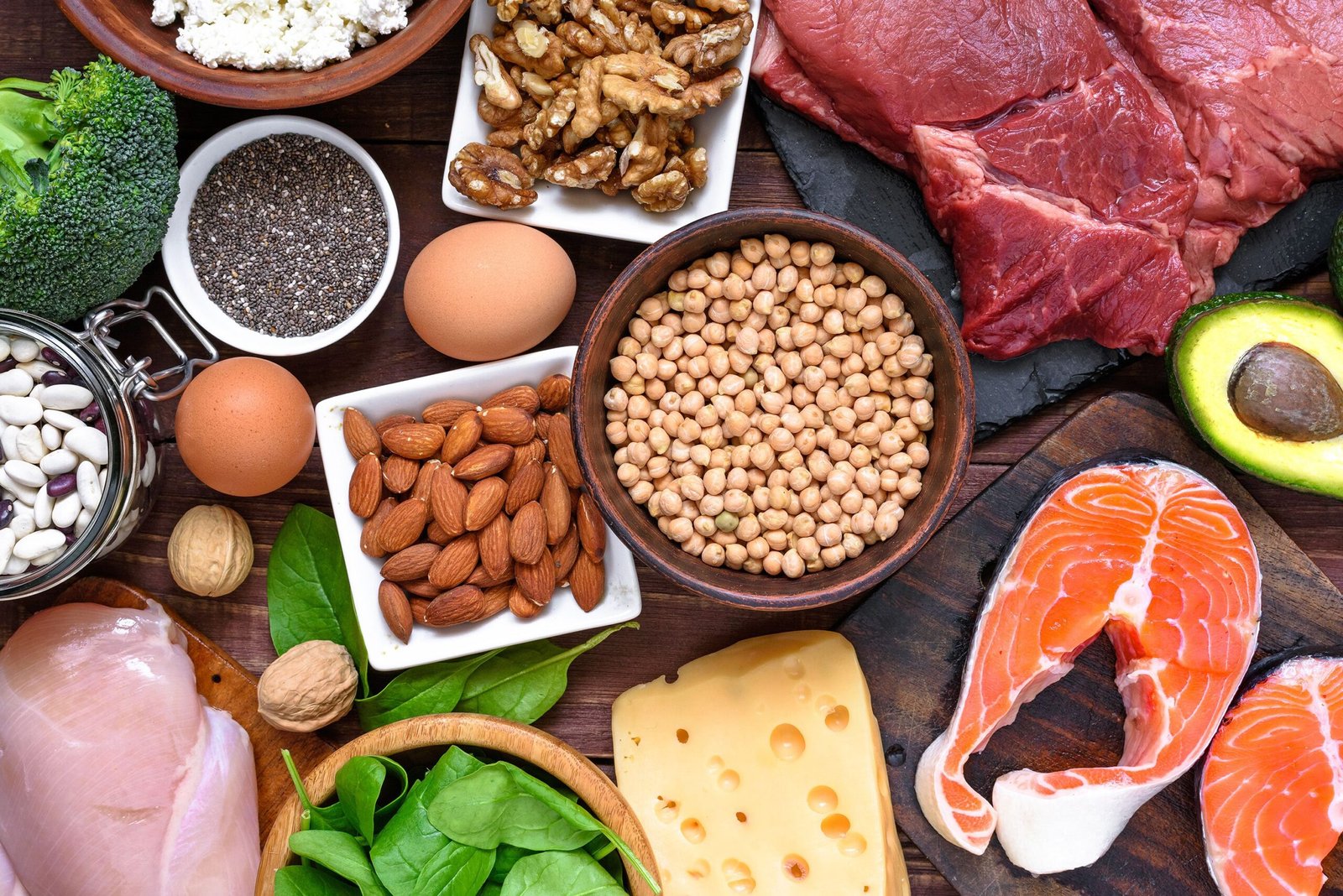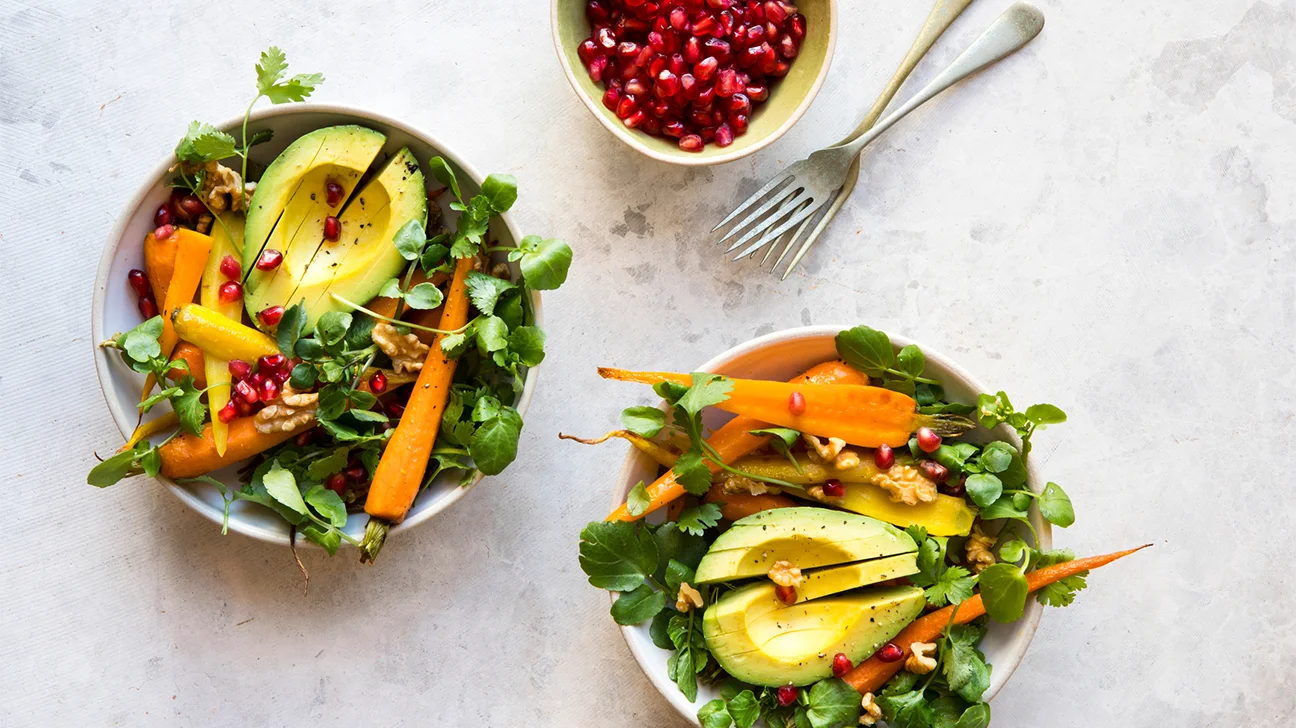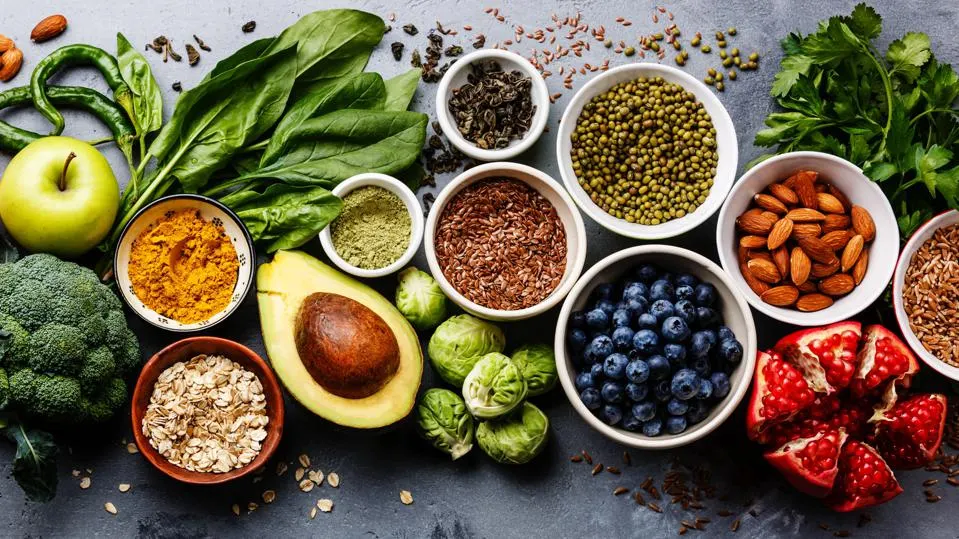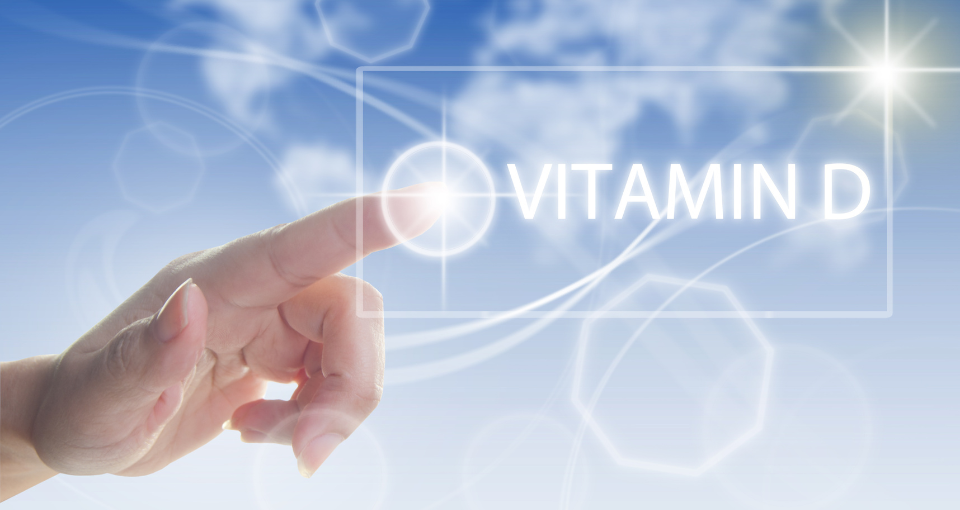For women over 50, ensuring a sufficient calcium intake is crucial for maintaining bone strength and preventing osteoporosis, as bone density naturally declines with age. Experts at the National Institutes of Health recommend women in this age group aim for about 1,200 mg daily to support their health goals. Calcium-rich foods such as dairy products, leafy greens, and fortified foods can help, but supplements might also be beneficial when dietary intake isn’t enough. As women age, their nutritional needs change, especially essential minerals such as calcium. It plays a key role in maintaining bone health, preventing osteoporosis and ensuring the…
As we age, maintaining a healthy and balanced diet becomes even more crucial for overall well-being. According to experts at Cleveland Clinic, older adults should focus on nutrient-dense foods like fruits, vegetables, whole grains, lean proteins, and healthy fats, which can provide the vitamins and minerals essential for longevity and health. For example, increasing intake of foods rich in fiber and vitamin D, like leafy greens and fatty fish, is recommended to support digestive health and strong bones. Our nutritional needs change due to shifts in metabolism, hormonal balance, and overall health. For women over 50, maintaining a balanced diet…
Antioxidants are vital for supporting healthy aging, especially for women over 50. As we age, our bodies become more susceptible to oxidative stress, which is linked to various chronic conditions. According to Mayo Clinic article consuming antioxidants can help reduce this stress, potentially lowering the risk of diseases such as cancer, heart disease, and cognitive decline. Rich sources of antioxidants include fruits, vegetables, nuts, seeds, and whole grains. These foods help maintain cellular health, improve immune function, and protect the skin from the harmful effects of aging. As women age, maintaining optimal health becomes increasingly important. Antioxidants are compounds found…
For women over 50, maintaining a balanced diet becomes essential to support overall health, with a focus on nutrients that aid bone density, heart health, and energy levels. The National Institute on Aging highlights that foods rich in calcium, vitamin D, protein, and fiber are especially important for postmenopausal women to prevent osteoporosis and promote cardiovascular wellness. Women’s nutritional needs change as they age, so they need a varied diet to support their overall health and well-being. Some of the problems women over 50 face include hormonal changes, brittle bones, a slower metabolism and an increased risk of chronic diseases.…
Hydration is crucial for everyone, but particularly for women over 50, as it supports cardiovascular health, cognitive function, and overall well-being. According to the American Heart Association, staying hydrated helps the heart pump blood more efficiently and prevents dehydration-related health risks like dizziness or heat stroke, especially as age-related changes increase our vulnerability. It’s also important to monitor your fluid intake to ensure you’re staying hydrated, as our bodies require different hydration levels depending on activity, climate, and health status. Aim for water as your primary fluid source and incorporate hydrating foods like fruits and vegetables into your diet for…
According to CDC, as women age, losing weight can become more challenging, but it’s far from impossible. In fact, about 66.7% of adults with obesity and 49% of those who are overweight actively try to lose weight, with a higher percentage of women undertaking this goal. For women over 50, maintaining a healthy weight is crucial to reducing the risks of heart disease, diabetes, and other chronic conditions. This may require a combination of adjusting eating habits, increasing physical activity, and focusing on building muscle mass, which naturally declines with age. Interestingly, Global Forum Health 2023 Weight Loss Statistics shows…
A heart healthy diet after the age of 50 is crucial to maintaining cardiovascular health and preventing disease. According to the Cleveland Clinic, focusing on plant-based proteins, whole grains, and healthy fats can significantly improve heart health. Foods rich in fiber, like fruits, vegetables, and legumes, help lower cholesterol and manage blood sugar, while limiting saturated and trans fats can reduce the risk of heart disease. As we get older, taking care of our hearts becomes even more important. For people over 50, what you eat is a very important part of staying healthy and preventing heart disease. Creating a…
The FDA recommends high in fiber intake, ‘daily value’ of 28 grams, based on a 2000-calorie diet. For women over 50, incorporating fiber-rich foods into your diet is crucial for maintaining digestive health, controlling weight, and lowering the risk of chronic diseases. Some top fiber-rich foods to consider include lentils, which provide 15 grams of fiber per cup and sweet potatoes, which contain about 6 grams of fiber when eaten with the skin. Additionally, fruits like raspberries and vegetables like artichokes are excellent sources of dietary fiber. Increasing fiber intake is not only beneficial for your digestive system but also…
As women age, especially after 50, maintaining optimal health becomes even more important. One key nutrient that often goes overlooked is vitamin D. This essential vitamin plays a crucial role in bone health, immune function, and even mood regulation. Studies have shown that vitamin D deficiency can increase the risk of osteoporosis, fractures, and other health issues in older adults (Harvard Health Publishing). Understanding how to get enough vitamin D is vital for ensuring long-term health and vitality as we age. Let’s dive into why vitamin D is particularly important for women over 50 and how to incorporate it into…

